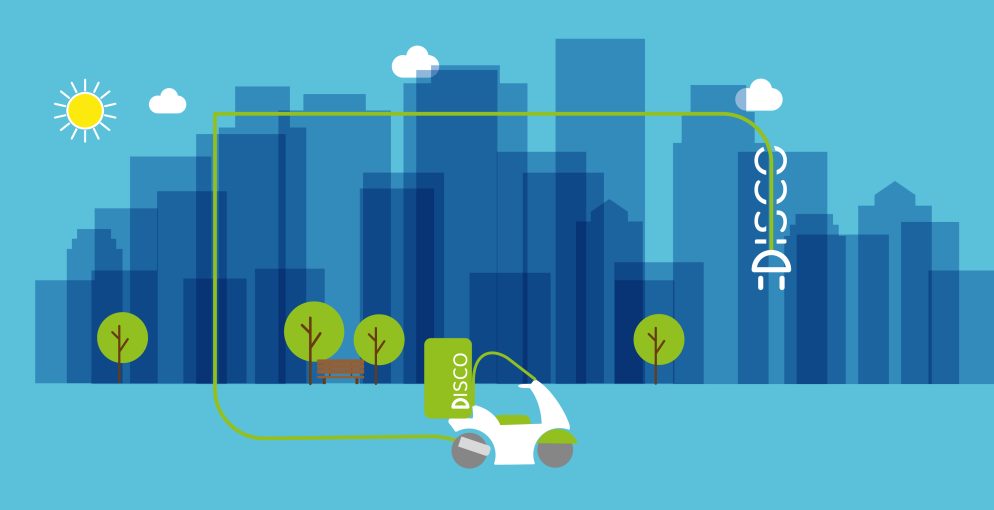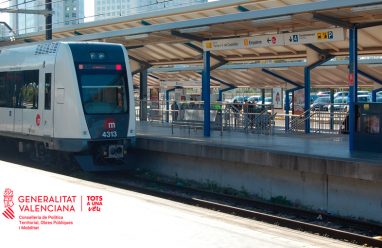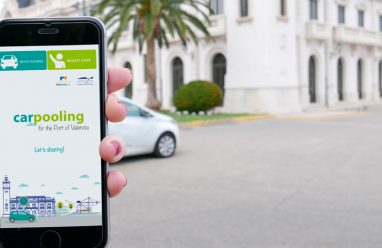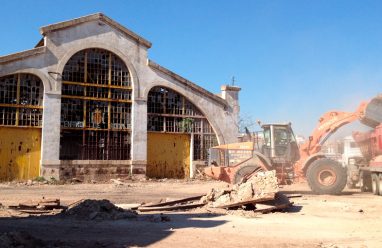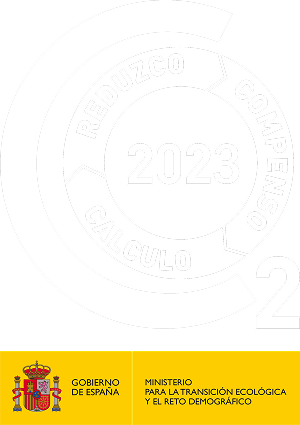DISCO is a new initiative inspired by the so-called physical internet and global processes, which will develop a new proposal in the framework of the digital transition of urban freight logistics through living labs or spaces for innovation, is being held yesterday and today in Brussels.
Thanks to this initiative, the scope of sustainable urban logistics plans will be extended, facilitating their expansion and adoption beyond traditional urban boundaries, establishing Functional Urban Areas of mixed and flexible use, with a TEN-T (Trans-European Transport Network) and global dimension and enhancing the “edges” of these areas.
Information and data are at the heart of any digital transformation. As a core component, DISCO will establish, on the one hand, a federated, transparent and open urban freight data space, functioning as a one-stop-shop and, on the other hand, a community of stakeholders interested in the exchange of such data and the mutualisation of available assets. DISCO will thus facilitate the access, sharing and exchange of urban freight data, based on forward-looking digital solutions.
DISCO has a duration of 42 months and involves 48 partners from 12 countries (Italy, Germany, Greece, Spain, United Kingdom, Sweden, France, Netherlands, Belgium, Finland, Denmark and Czech Republic), among which are the Valencian entities: Las Naves (València City Council); T-Box (advanced logistics services startup); and the Fundación Valenciaport.
The Fundación Valenciaport will participate together with Las Naves and T-BOX in the Living Lab in the city of Valencia, where the feasibility of the Supply Chain Hub will be demonstrated, a flexible logistics facility in which several supply chains in the urban area of Valencia will be managed, both for B2B (business-to-business) and B2C (business-to-consumer). The elements to be tested are the break-up and fragmentation of the loads in each of the supply chains; the application of AI (artificial intelligence) for the consolidation and regrouping of loads (multi-sector and multi-product), and the unification of distribution in a single fleet.
Last-mile distribution will be carried out with a fleet of 100% electric and zero-emission micromobility vehicles.

